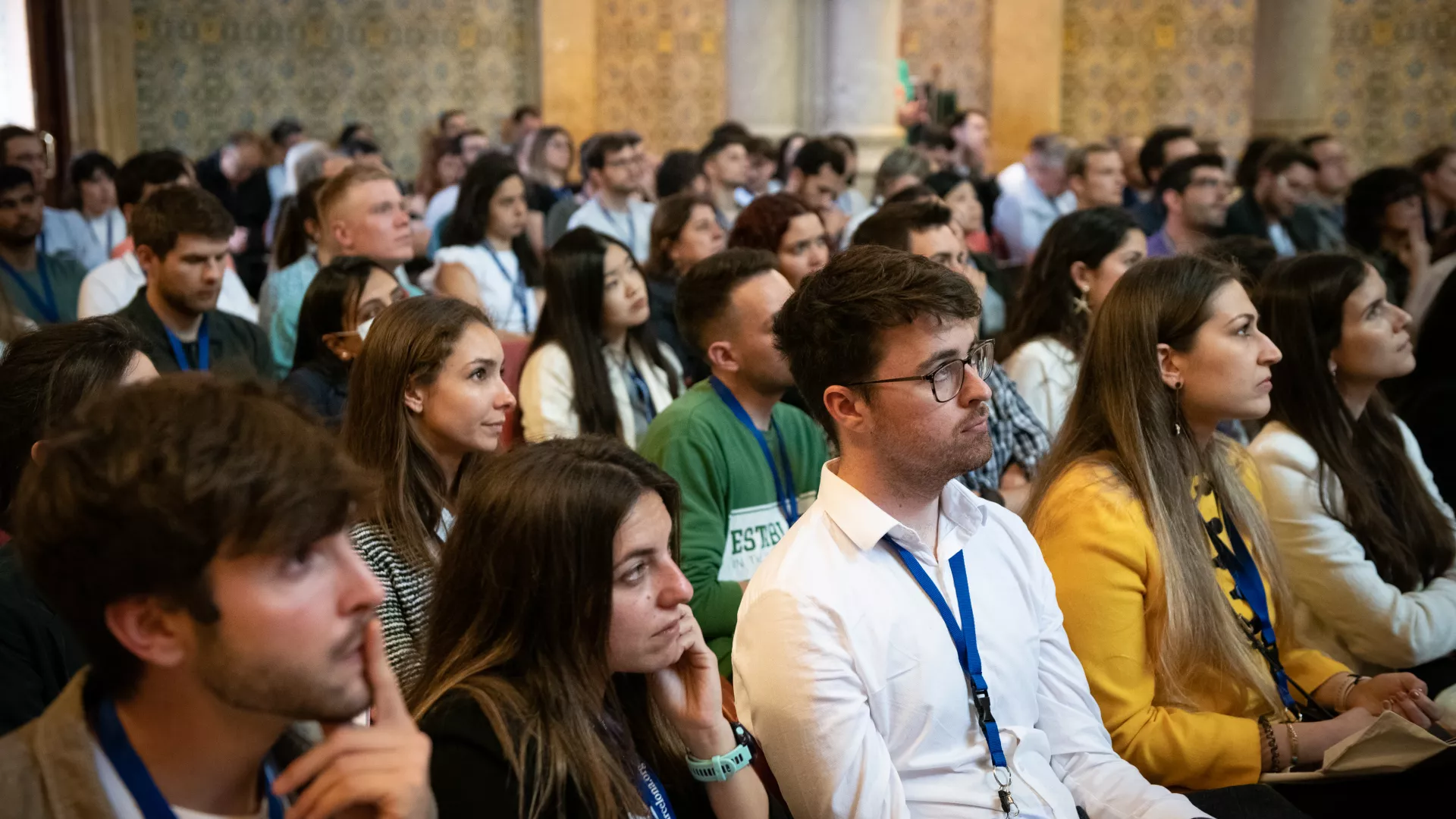Speaker: Guillermo Montoya, Prof., Dr. - Research Director, Protein Structure and Function Programme - Novo Nordisk Foundation Center for Protein Research - EMBO Member - Distinguished Investigator Novo Nordisk Foundation - Faculty of Health and Medical Sciences, University of Copenhagen, Denmark
Presentation
Speaker: Guillermo Montoya, Prof., Dr. - Research Director, Protein Structure and Function Programme -
Novo Nordisk Foundation Center for Protein Research - EMBO Member - Distinguished Investigator Novo Nordisk Foundation - Faculty of Health and Medical Sciences, University of Copenhagen, Denmark
Host: Dr. Cayetano González, Group Leader - Cell Division Laboratory- IRB Barcelona - Cancer Science Programme.
Date: Friday 10 February 2023, 12.00h
Place: Fèlix Serratosa
IMPORTANT: For attendees outside the PCB community you must register at least 24h before the seminar.
Abstract
Genome editing is a type of genetic engineering where a DNA is inserted, deleted, or replaced in the genome of a living organism generating a double-strand break (DSB) in a desired site. To achieve this precise DSB researchers have developed engineered nucleases also termed “molecular scissors”. However, the engineering of new DNA specificities in protein scaffolds is cumbersome. Therefore, the development of the versatile CRISPR-Cas systems (Clustered Regularly Interspaced Short Palindromic Repeats-CRISPR associated proteins) as molecular scissors, where a simple exchange of the RNA guide sequence is enough to redesign the nuclease specificity has paved the way for a revolution in the life sciences. Allostery is a fundamental property in the mechanism of these RNA-guided nucleases, which regulates the precise generation of the DSB that initiates editing. In this talk, I´ll walk you through the new advances in cryo-electron microscopy that permit the visualisation of protein dynamics and how its combination with single-molecule approaches can render key information for protein redesign with important biomedical and/or biotechnological applications.
Biosketch
Guillermo Montoya studied Biochemistry and Biophysics at the University of the Basque Country and got his PhD in Chemistry at the University of Zaragoza. After postdoctoral training at the Max Planck Institute for Biophysics in Frankfurt and EMBL in Heidelberg, he became Group Leader and later acting Director of the Structural Biology Programme at CNIO. Since 2014 he is Professor and Research Director of the Protein Structure and Function Programme of the Novo Nordisk Foundation Center for Protein Research at the University of Copenhagen. The research interests of his group involve the structure-function analysis of macromolecular machines, involved in cell division, genome maintenance and their connection with molecular scissors that initiate genome editing. The contributions of his lab in the field of programable endonucleases resulted in a spin-off company, Twelve Bio, which is developing molecular tools to correct mutations in genetic diseases and has been recently acquired by the US company Ensoma. He has received the V Health Sciences Prize from the Caja Rural de Granada and the Spanish Ministry of Health and the 2009 National Prize in Biomedicine from the Mutua Madrileña Foundation. Guillermo is an elected member of EMBO and received a Novo Nordisk Foundation Distinguished Investigator Award in 2019.

